In most cases, a deceased individual’s property must pass through a legal process known as probate before beneficiaries legally receive their inheritance. If there is no will, the state usually appoints a personal representative to administrate estate valuation and division. Where there is a valid will, it should name an executor who takes on those responsibilities.
After the naming of an administrator, that individual is responsible for compiling all estate assets and settling estate debts, including items like taxes, funeral costs and administration expenses. After fulfilling these obligations, the executor or personal representative divides the remaining assets among beneficiaries.
Are all assets subject to the probate process?
Certain estate items may not have to pass through probate at all. Some examples of assets that a Michigan probate court may not take into consideration during the process include the following:
- Cash in amounts up to $500
- Personal property not exceeding a value of $15,000
- Motor vehicles or watercraft whose value is no more than $60,000 and $100,000 respectively
- Retirement accounts or insurance policies with a designated beneficiary
- Property in a revocable trust
- Real estate held jointly with right of survivorship
- Bank accounts with a transfer upon death or payable upon death clause
Assets owned in the deceased’s name only (such as real estate, bank accounts, stocks and bonds) and personal property exceeding $15,000 generally have to go to probate court.
Michigan law also allows for a streamlined probate process in the case of smaller estates under a certain value. In 2018, an estate of no more $23,000 may qualify for proceedings that require minimal court action.
Going through probate is often a time of high emotion and high stress. Appointed executors may want to consult with an experienced attorney for advice on how to navigate the process smoothly, avoid common missteps and keep beneficiaries happy.


